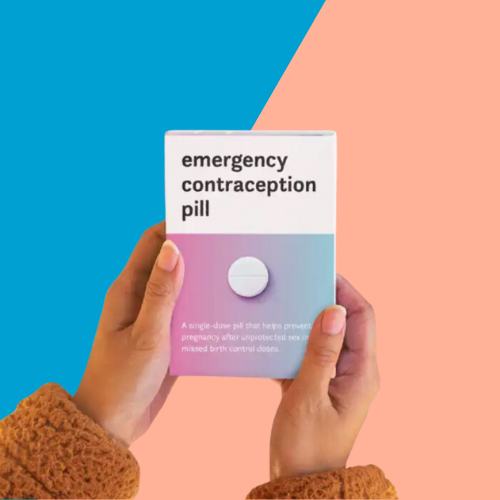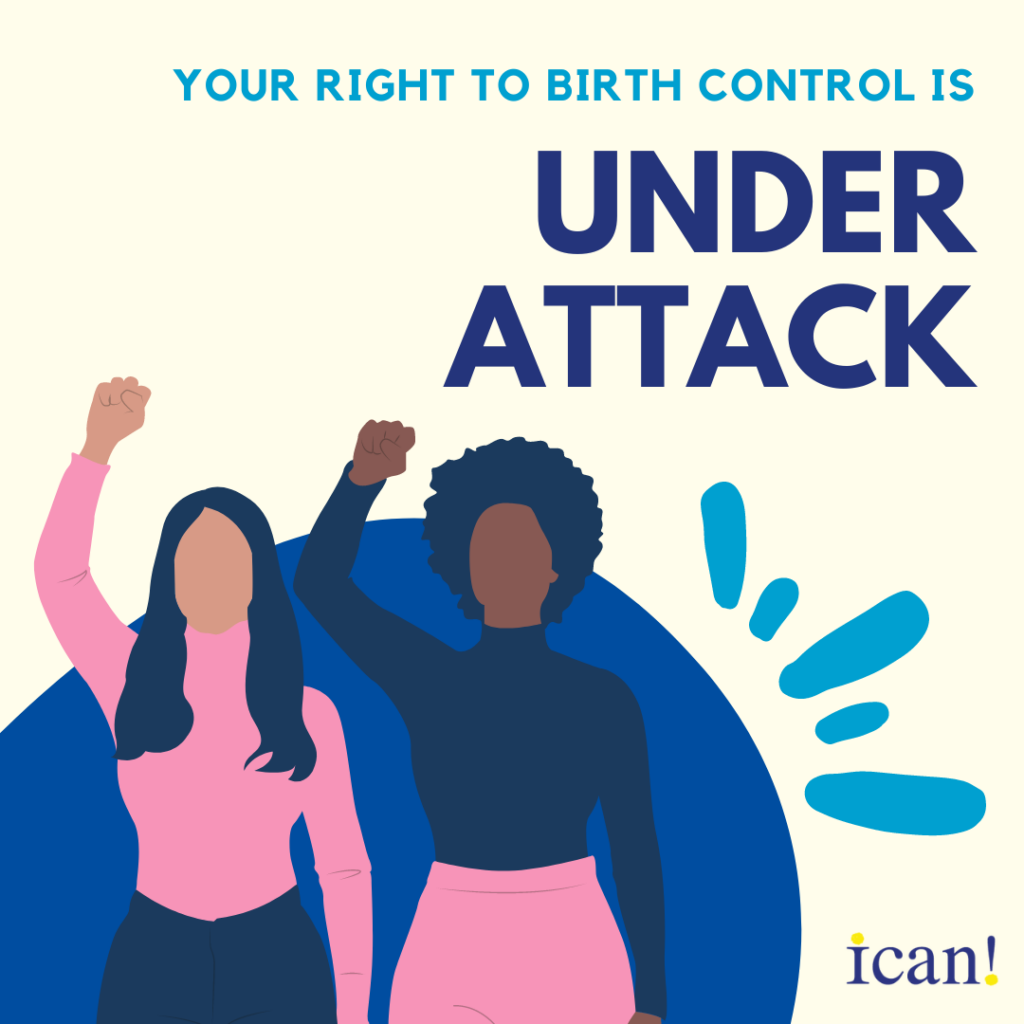The Role of Machismo in Latino/e Family Planning

As a first-generation Mexican American woman, I have personally experienced the limited availability of culturally appropriate reproductive health information for the Latino/e community. Currently, I am pursuing a master’s in public health, and an intern with the VNA Foundation where I am working with VNA-grantee, ICAN! (Illinois Contraceptive Access Now!) to make information and access to reproductive health options equitably available to everyone, especially the Latino/e community. In this role, I was eager to bring my experiences as a Latina to my host agencies and became particularly excited when asked to prepare this blog on a subject that has influenced my upbringing and impacted my interest in promoting equitable access to reproductive health.
Machismo is a social behavior that influences how men* should exhibit themselves in Latino/e families. It impacts family dynamics, gender roles, and child development (1). Traditionally, machismo is most common in older generations, but its influence remains evident among younger generations. For instance, it is more common to see fathers dictating family planning, or family size, even though cis women/people who can get still often take on the primary role as caregivers. Although this is a relatively unstudied concept, and it is unclear whether machismo has a significant effect on Latino/e male involvement in family planning decisions and a healthy sexual lifestyle, this is a cultural influence that is worth examining when promoting contraceptive use among Latino/es.
In Latino/e culture, traditional aspects of machismo commonly influence men to be self-reliant and have strong “masculine” pride, often exhibited through dominance and emotional restrictiveness (1). This can lead to limited access to and usage of contraceptives, low engagement in sexual health education, and disinterest in their partner’s reproductive health choices. However, machismo also encompasses positive attributes, known as caballerismo (chivalry in English), and can influence men to be committed protectors and nurturing family providers (1). In our communities, when speaking with men who refuse to let go of machismo culture, we might be able to promote the narrative that contraception and sexually transmitted infection (STI) protection and being more involved in sharing the burden of sexual and reproductive healthcare is the “macho” and “caballero” way to protect their partners and family.
Relatively fewer birth control options are available to men than cis women and people who can get pregnant. These options are vasectomy, condoms, and spermicide. In the US, male sterilization/vasectomy is used much less frequently than female sterilization, and the rates are especially low among Hispanic men (4%) compared to non-Hispanic White men (14%) (2). Additionally, some research suggests that men are less knowledgeable about other reproductive health options (3,4) with Hispanic men being the least knowledgeable on the various methods of birth control aside from condoms compared to non-Hispanic White and Black men, and (66%) agreed that birth control is solely the female’s responsibility (2). With limited options and a lack of awareness, men can become disinterested in learning about sexual health services, and it may even cause them to impede their partners’ choices to protect themselves from pregnancy and STIs (4).
Another reason men in the Latino/e community may not be accessing sexual and reproductive healthcare is cost. Fortunately, under an expansion to Illinois Medicaid called the HFS Family Planning Program, people of all ages and genders can get sexual and reproductive health services at no cost if they make $3500 a month or less and live in Illinois. The program covers all birth control methods (including for men), STD/STI testing and treatment, HIV prevention, and more. Additionally, Family Planning Presumptive Eligibility (FPPE) is an immediate, temporary coverage that covers all of these services and is open to people regardless of citizenship status.
Research indicates that when men are educated about sexual and reproductive healthcare, they are more likely to positively impact and support their partner’s sexual health decisions4. In Latino/e communities, we should be working to make sure that everyone is educated about their options—including men—to make sure we are combatting the harmful impact that machismo culture can have on reproductive choice and freedom. By highlighting the positive aspects of machismo and rewriting its narrative, we can engage Latino/es in meaningful conversations about sexual health, fostering a more inclusive and informed approach to reproductive well-being.
My internship with the VNA Foundation/ICAN! has allowed me to share my cultural awareness and experiences, including better understanding and acknowledging the strong influence of machismo. Also while at ICAN!, I have been working to make this short screening quiz available to my community in Spanish—including to those who subscribe to machismo culture! Educating people on their options can be the first step in leading to cultural change. Ultimately, I hope my work helps to ensure that the Latino/e community is provided with culturally responsive services, which give them the confidence and resources to make their own health decisions.
* In this blog, “men” is used to refer to cisgender men (people whose male gender identity matches their sex assigned at birth), and people who identify as men, including trans men.
References
1. Nuñez, A., González, P., Talavera, G. A., Sanchez-Johnsen, L., Roesch, S. C., Davis, S. M., Arguelles, W., Womack, V. Y., Ostrovsky, N. W., Ojeda, L., Penedo, F. J., & Gallo, L. C. (2016). Machismo, Marianismo, and Negative Cognitive-Emotional Factors: Findings from the Hispanic Community Health Study/Study of Latinos Sociocultural Ancillary Study. Journal of Latina/o psychology, 4(4), 202–217. https://doi.org/10.1037/lat0000050
2. Borrero, S., Farkas, A., Dehlendorf, C., & Rocca, C. H. (2013). Racial and ethnic differences in men’s knowledge and attitudes about contraception. Contraception, 88(4), 532–538. https://doi.org/10.1016/j.contraception.2013.04.002
3. Helzner, J. F. (1996). Men’s Involvement in Family Planning. Reproductive Health Matters, 4(7), 146-154. https://doi.org/10.1016/S0968-8080(96)90018-X
4. Ruane-McAteer, E., Amin A., Hanratty, J., Lynn, F., Corbijn van Willenswaard, K., Reid, E., Khosla, R., & Lohan, M. (2019). Interventions addressing men, masculinities and gender equality in sexual and reproductive health and rights: an evidence and gap map and systematic review of reviews. BMJ Global Health, 4(5), e001634–e001634. https://doi.org/10.1136/bmjgh-2019-001634




